There’s nothing quite like the excitement of planning a trip, browsing destinations, booking flights, and imagining the adventures ahead. But as thrilling as travel can be, it also comes with a responsibility that’s easy to overlook: protecting what you leave behind.
Whether you’re going on a weekend getaway or traveling abroad for several months, the peace of mind that comes from knowing your home and belongings are secure makes the entire experience more enjoyable.
Traveling smart isn’t just about packing efficiently or finding the best flight deals. It’s also about preparing for extra protection while traveling. From securing your home to safeguarding your digital information, taking a few proactive steps can make all the difference between a stress-free trip and a series of unwanted surprises.
Before you set out on your next journey, it’s worth remembering that a truly carefree travel experience starts long before you board your plane. It begins with a sense of confidence that everything important, both at home and on the road, is well-protected.
The No-Stress Safety Travel Guide
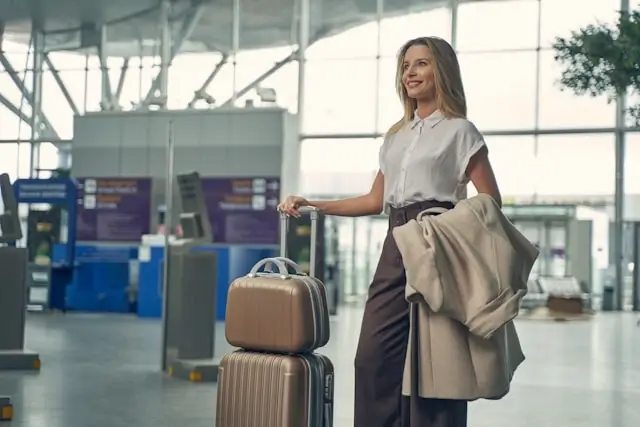
Start with Home: Protecting What You Leave Behind
Your home is your sanctuary, and it deserves just as much care when you’re away as it does when you’re living in it.
Unfortunately, many travelers focus so much on their trip plans that they forget to consider the safety of their belongings. Taking steps to protect your home isn’t just about preventing theft. It’s also about reducing anxiety while you’re gone.
If you’re a renter looking for a simple way to protect your home and personal belongings while you travel, then visit https://www.sofi.com/online-insurance/renters-insurance/.
Having a renters insurance policy ensures your possessions are covered in case of theft, fire, or other unexpected events, even when you’re miles away. It’s an affordable way to keep your mind at ease, knowing your home base is protected while you explore the world.
Renters insurance is particularly valuable for frequent travelers and digital nomads who may spend extended periods away from home.
Even if you live in a small apartment, your personal items, electronics, furniture, clothing, and more represent a significant investment. Protecting them while you’re gone is just as important as securing your luggage before a flight.
Beyond insurance, take simple but effective precautions before leaving. Double-check that all windows and doors are locked, unplug non-essential electronics, and set timers on lights to give your home a lived-in appearance.
You can also ask a friend or neighbor to collect your mail, which helps prevent the telltale signs that no one’s home. With these steps in place, you can step onto your flight knowing you’ve done your part to keep your home safe.
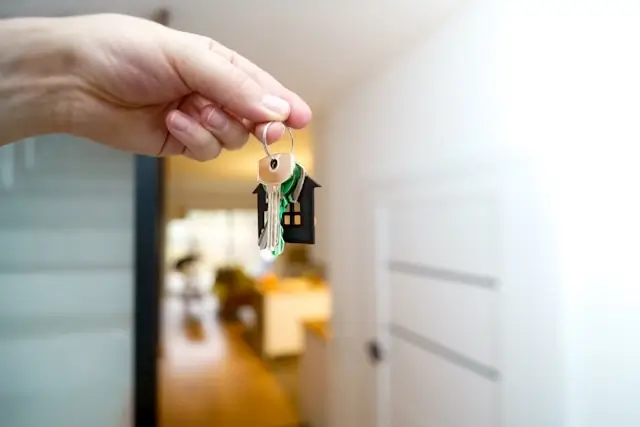
Staying Safe While on the Road
Once you’ve taken care of your home, it’s time to focus on personal safety during your travels.
Every trip comes with its own risks, whether it’s pickpocketing in a crowded city, misplaced documents, or lost luggage. The best approach is to stay alert but not fearful; awareness is your greatest ally.
Keep valuables like passports, cash, and credit cards close to your body using a secure pouch or money belt. Avoid flashing expensive items, especially in unfamiliar areas.
When using public Wi-Fi in airports or cafés, avoid accessing sensitive accounts, such as online banking, since public networks are more vulnerable to hackers.
It’s also wise to carry digital copies of essential documents, such as your passport, travel insurance, and emergency contacts.
Store them safely in a secure cloud folder so you can reach them anytime, even if your physical documents get lost or stolen. By planning, you can handle minor mishaps calmly and confidently, without letting them ruin your trip.
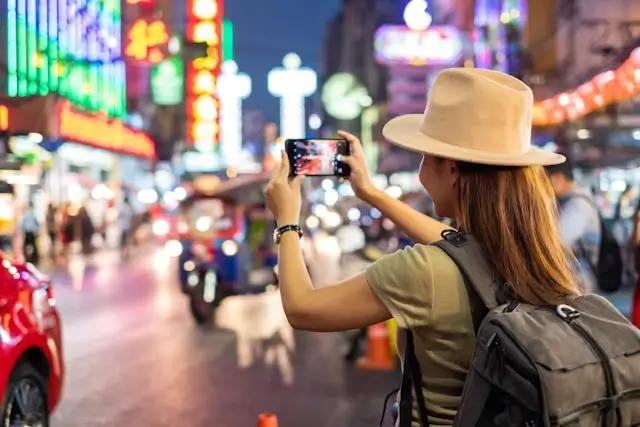
Travel Insurance: Why It’s Worth It
Travel insurance might feel like an extra expense, but in reality, it’s one of the smartest investments you can make before a trip.
It covers medical emergencies, trip cancellations, lost baggage, and more, things that can quickly derail your plans and strain your finances.
Even short trips can benefit from basic coverage. If you fall ill abroad, lose your luggage, or encounter flight delays, travel insurance helps cushion the blow. It allows you to focus on your experience rather than worrying about the what-ifs.
Think of it as a safety net; one that ensures small mishaps don’t become financial disasters. When paired with renters insurance for your belongings back home, it creates a full-circle sense of security wherever you go.
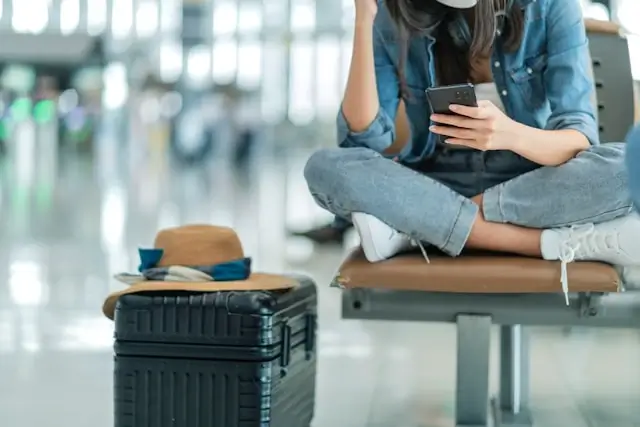
Smart Packing: Travel Light, Secure, and Prepared
Packing efficiently is one of the simplest ways to make your travels easier and safer.
Start by bringing only what you truly need. The less you carry, the less you have to worry about losing. Choose versatile clothing, keep valuables to a minimum, and avoid bringing items that can’t be replaced.
When packing electronics, always carry them in your hand luggage rather than checked bags.
Keep your essentials, passport, ID, medication, and credit cards in an easily accessible pouch. Adding small touches, like a luggage lock or a GPS tracker, can also give you extra peace of mind.
Packing smart doesn’t just save space. It saves stress. When you know exactly where your belongings are and that they’re secure, you can spend less time worrying and more time enjoying your destination.
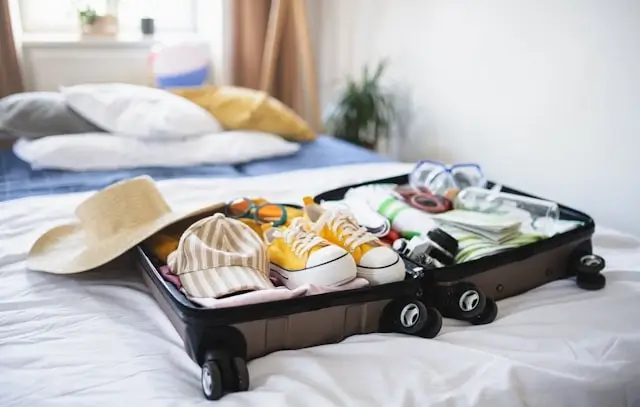
Digital Safety: Protecting Your Online World While Traveling
In today’s connected world, digital safety is as important as physical safety.
Travelers often rely on public Wi-Fi networks for convenience, but those networks can be a goldmine for cybercriminals. Using a VPN (Virtual Private Network) helps protect your personal data by encrypting your online activity.
Avoid logging into financial accounts or making purchases on public Wi-Fi whenever possible. If you must, use a secure connection. Also, make sure your devices are updated with the latest security patches before you leave.
Back up important data and photos to the cloud so they’re safe if your device is lost or damaged. Protecting your digital identity ensures you can focus on your adventure without the constant worry of being hacked or losing access to important information.
Returning home after a trip often brings mixed feelings, relief, nostalgia, and a little post-vacation fatigue. But your job isn’t quite done yet. Developing a post-travel routine helps you transition smoothly back to normal life and ensures that everything is still in order.
Start by reviewing your finances and checking for any suspicious activity on your bank accounts, especially if you used multiple cards during your travels. Go through your mail or packages, and confirm that your home is just as you left it.
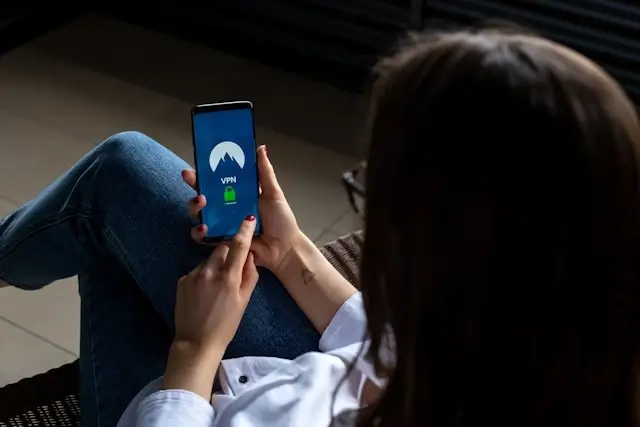
Conclusion
Traveling should be about discovery, connection, and creating memories that last a lifetime. But those experiences are best enjoyed when you know that everything important, both at home and in your digital world, has the right protection while traveling.
From securing your home with renters insurance to safeguarding your personal information on the road, each small step you take adds up to a much bigger sense of confidence. These aren't complicated measures, they're simply smart habits that let you focus on what matters most: the journey itself.
The difference between a stressful trip and a truly carefree one often comes down to preparation. When you've covered your bases before you leave, you're free to be present, spontaneous, and fully engaged with wherever you go.
Travel is meant to broaden your horizons, not add unnecessary worry to your life. With the right precautions in place, you can explore the world knowing that you've protected what matters.
Ready to travel with confidence? Start by reviewing your insurance coverage, securing your home, and setting up the digital safeguards that keep you protected on every adventure.
Disclaimer:
This post may contain affiliate links. I receive a small commission at no cost to you when you make a purchase using my link.








